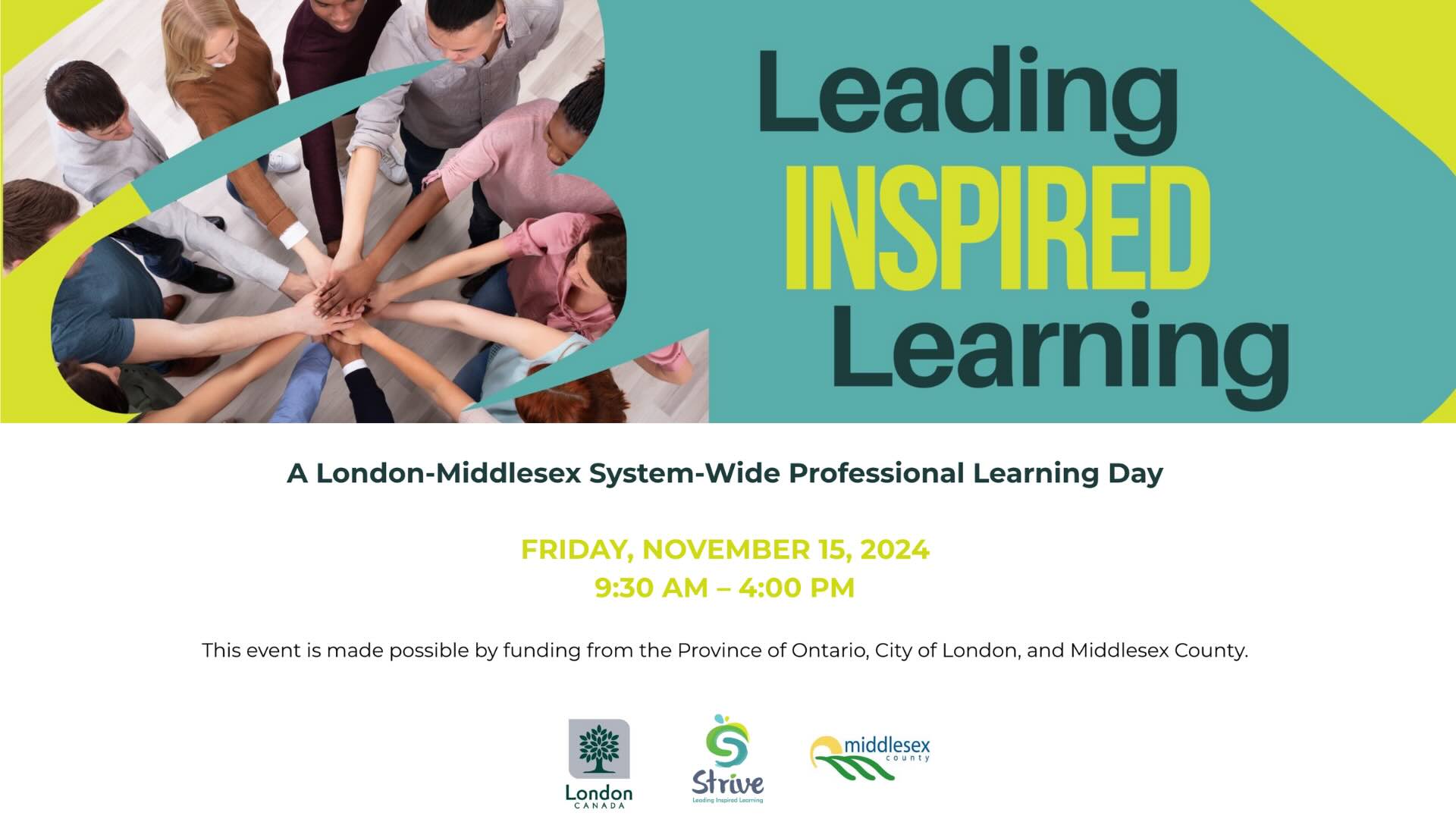
Details
Indigenous people stopped referring to themselves as Aboriginal or Indian and started calling themselves First Nations people… I use the terms Indian, Native, Native American, and Indigenous in this book intentionally and with full knowledge of their shortcomings and the risk that some of them are confusing or even give some people offense.” (p. 13-15 from Everything You Wanted to Know About Indians But Were Too Afraid to Ask)
Ranging from “Why is there such a fuss about nonnative people wearing Indian costumes for Halloween?” to “Why is it called a ‘traditional Indian fry bread taco’?“ to “What’s it like for natives who don’t look native?” to “Why are Indians so often imagined rather than understood?”, and beyond, Everything You Wanted to Know About Indians But Were Afraid to Ask does exactly what its title says, in a style consistently thoughtful, personal, and engaging.
White/Indian relations are often characterized by guilt and anger. Everything You Wanted to Know about Indians But Were Afraid to Ask cuts through the emotion and builds a foundation for true understanding and positive action.
Anton welcomes any questions you may have, whether in the moment or in advance.
Anton Treuer (pronounced troy-er) is Professor of Ojibwe at Bemidji State University and author of many books. He has a B.A. from Princeton University and a M.A. and Ph.D. from the University of Minnesota. Treuer is a member of the governing boards for the Minnesota State Historical Society and Waadookodaading Ojibwe Language Institute and has received many prestigious awards and fellowships, including ones from the American Philosophical Society, the National Endowment for the Humanities, the National Science Foundation, the MacArthur Foundation, the Bush Foundation, the First Nations Development Institute, and the John Simon Guggenheim Foundation. In 2018, he was named Guardian of Culture and Lifeways and recipient of the Pathfinder Award by the Association of Tribal Archives, Libraries, and Museums. His equity, education, and cultural work has put him on a path of service around the nation and the world.
Details
Everything is possible outside – children are more physically active, the natural world enters through all the senses, and community connections are made. In this workshop, we will explore the reasons for getting outdoors and our role as adults in these experiences. You will come away with inspiration and practical ideas to create engaging outdoor play spaces and experiences.
What is covered:
-
Explore personal knowledge and feelings about outdoor play.
-
Identify barriers to and benefits of outdoor play.
-
Reflect on your “why” for getting children outside to play.
-
Review the key roles of adults in providing time, space, and materials for outdoor play.
-
Learn about loose parts in the outdoor environment.
-
Build their repertoire of outdoor play experiences for children.
Christina Pickles is an outdoor play advocate and founder of Get Outside and Play, an organization that ensures more outdoor play in early learning and care settings, schools, and communities through events, presentations, workshops, and consulting. She has been supporting outdoor experiences with people of all ages for 25 years and 10 years ago, pivoted her work to put play at the centre of everything she does. She believes play is the best way children (and adults) connect with the land, their communities, their bodies, and each other. She lives along the Bow River in Calgary, Alberta and can be found walking her dog Clover or chasing after her adventurous 10 year old.
-
Details
This panel discussion will invite participants to consider the ways in which children’s rights and global citizenship are conceptualized and practiced in the early childhood education and care (ECEC) sector. Together, through a lens of critical empathy, panelists will discuss the challenges and opportunities of enacting rights-based pedagogies in everyday practice. Those attending are invited to participate in a question and answer (Q & A) following the discussion.